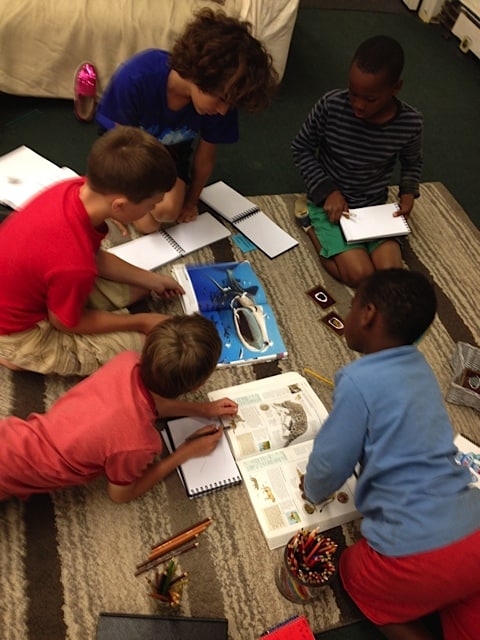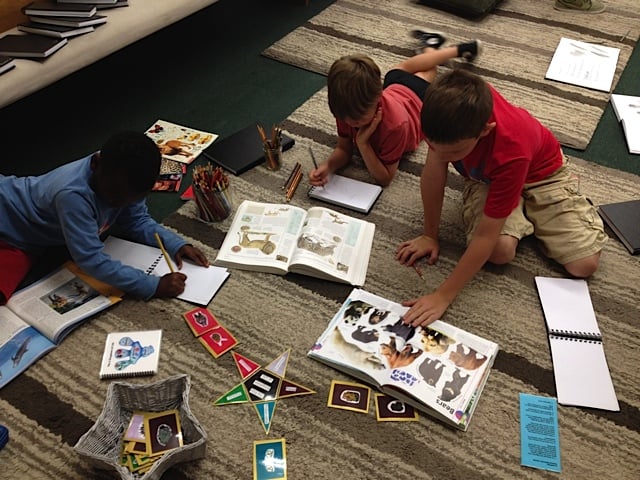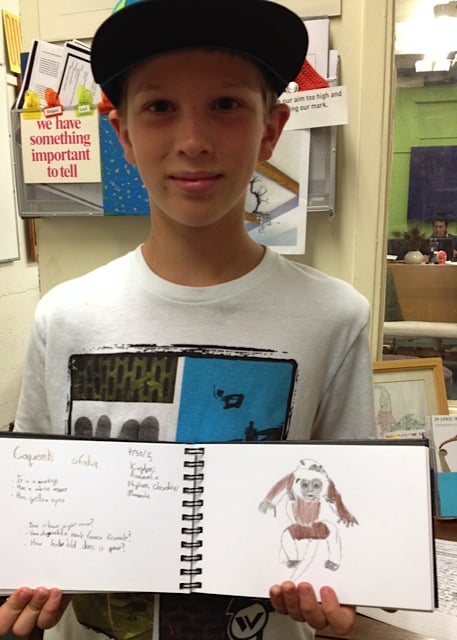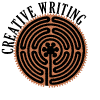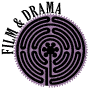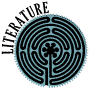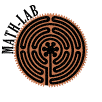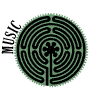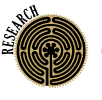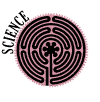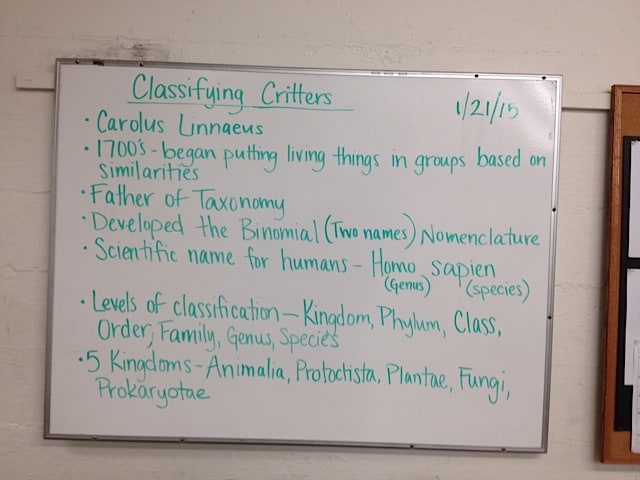 There are four types of sentences: Statement, Question, Exclamation, and Command. Teachers are famous for jotting that last type—Command—on their chalkboards.
There are four types of sentences: Statement, Question, Exclamation, and Command. Teachers are famous for jotting that last type—Command—on their chalkboards.
Imagine your science teacher marching into class and scribbling this on the chalkboard:
Devise a system for naming and classifying ALL living things.
Imagine the buggy eyes, the tilted heads, the groans, the tears.
May it never happen!
Now imagine a time way before the technological advances of our computer age. Way, way back before our Declaration of Independence was conceived in the minds of Thomas Jefferson and Benjamin Franklin there was a young man named Carolus Linnaeus. Born on May 23, 1707, in Råshult, Sweden, his father, lover of all things botanical, introduced him to the joy of observational science. Young Carolus was encouraged to imagine possibility as he tended his very own garden over time. He looked back fondly on that garden as a place that “inflamed my soul with an unquenchable love of plants.”
As Linnaeus continued to observe nature, he developed a passion for order. Over the course of his life, Linnaeus accomplished a great many things—groundbreaking research, publication of scientific papers, a medical practice. Greatest of all, he devised a binomial system for naming and classifying all living things… all without the prompting of a teacher’s command!
Way before computers, Linnaeus was an information architect.
And this past year, we’ve had the privilege of exploring his architectural scaffolding—Kingdom, Phylum, Class, Order, Family, Genus, Species—during Science Discovery.
It’s taken the better part of the year for our apprentices to appropriate the great lessons we chip away at on a daily basis—value silence, process is a slow and steady pacing, your-ideas-matter, work works—but now, like a spring bloom, I marvel at the fragrance of their progress. In a few short weeks, you too will be able to flip through the Science Discovery Journals to experience the wonder of this important work.
So much of education is couched in the promise that technology will ensure success. But so much of what we really desire for our children cannot develop without the passion to care about an academic work at hand and the longitude to experience and explore.
This past year, across all subject areas, your children have been inspired and challenged to engage in the work of idea-making and discover just what it takes to bring shape to that idea. And the result? Critical Creative Thinking. It is in our midst. Truth is, technology is a tremendous asset of our age, but the art of learning is a low-tech endeavor.
Ideas of the original variety begin with a spark of curiosity, not a command, and rarely a click.

